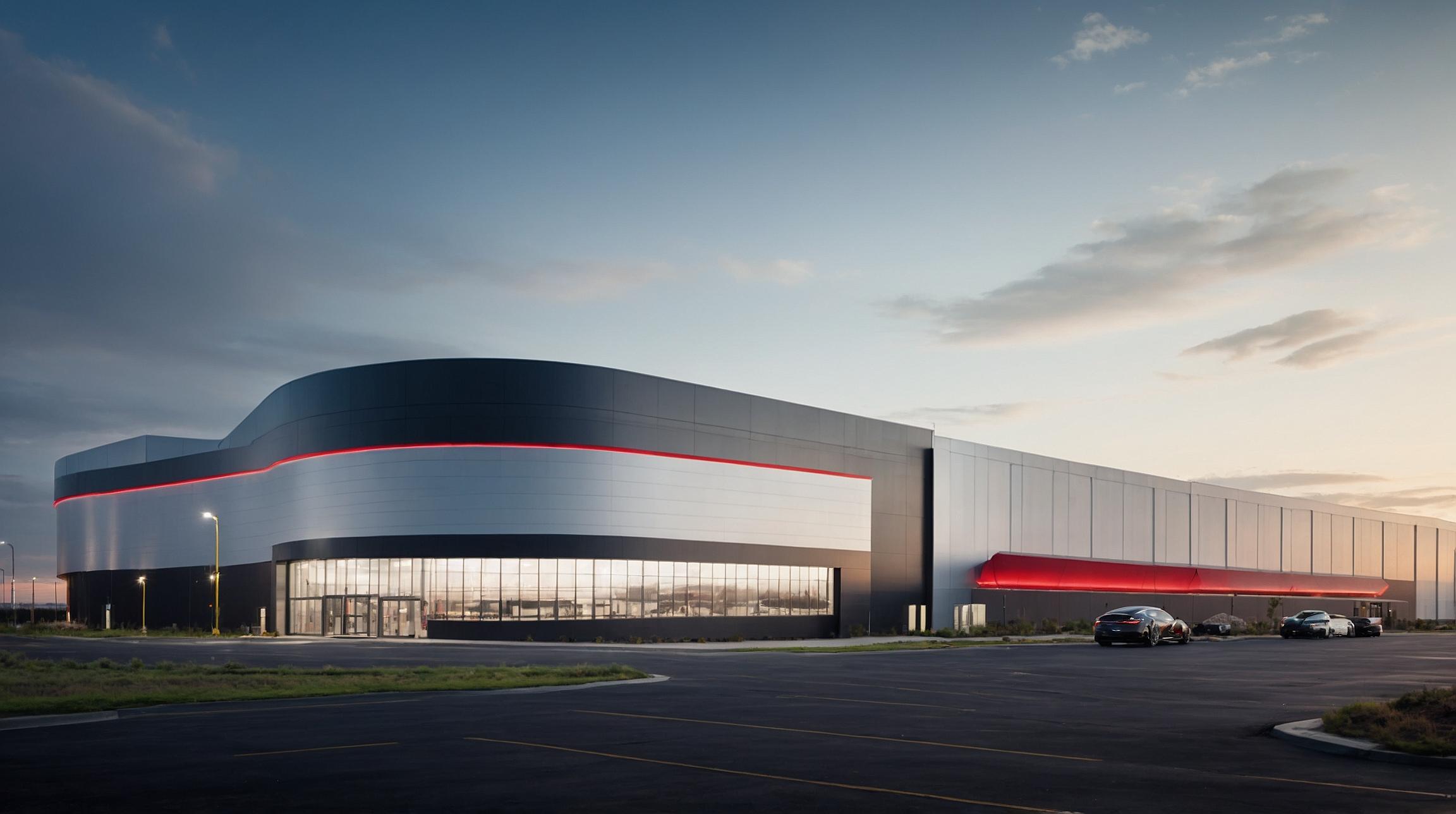Texas: Continuing its Legacy as a Hub for Innovation and Technology
In the heart of the United States, Texas stands as a beacon of innovation and technological advancements. Renowned for its historical contributions, including the creation of the handheld calculator, 3D printing, and the frozen margarita, Texas has consistently led the charge in shaping the future. Host to NASA’s Houston Space Center, Texas Instruments, and Dell Computers, the Lone Star State has long been the cradle for cutting-edge developments.
The present-day scenario sees Texas further enhancing its stature by attracting high-tech businesses such as Tesla, SpaceX, Oracle, and Blue Origin. With its economy outpacing the national growth rate, Texas has welcomed nearly 140 companies over the last three years. These organizations are lured by the state's lucrative business incentives and the dynamic research and development landscape fostered by its premier colleges and universities.
However, this bright future is clouded by significant challenges in the education sector, exacerbated by the COVID-19 pandemic. Issues such as chronic absenteeism, declining test scores, and teacher shortages threaten the pipeline of future engineers, teachers, technologists, and business leaders in Texas.
To address these challenges, there is a pressing need for research-backed innovations supporting K-12 students, families, and educators. This has led to a proposition for the creation of a National Center for Advanced Development in Education (NCADE), modeled on the lines of the Defense Advanced Research Projects Agency (DARPA). Much like DARPA’s contributions, including the internet, GPS, and RNA vaccines, NCADE aims to pioneer high-reward R&D in the education sector.
Mark Schneider, Director of the Institute of Education Sciences, emphasizes that the innovations from NCADE will significantly enhance the American education system, particularly in STEM fields, ensuring that the younger generations are well-equipped for future job markets. This aligns with the broader goal of strengthening national security by developing a workforce proficient in global innovations.
Moreover, the integration of artificial intelligence (AI) in K-12 education emerges as a crucial strategy. Supported by empirical evidence, AI could revolutionize education through personalized learning, improved feedback mechanisms, and the assessment of literacy readiness gaps, thereby elevating instructional quality.
The push for NCADE arrives at an opportune moment, coinciding with the surge in unfilled job vacancies in AI and other emerging technology fields in Texas. Investing in STEM talent is pivotal for sustaining economic growth and preserving Texas' competitive edge on the global stage.
The proposed New Essential Educational Discoveries (NEED) Act serves as a legislative vehicle to bring NCADE to fruition. Given that supporting education R&D is a bipartisan concern, the establishment of NCADE represents a golden opportunity for Texas to lead in innovation and enhance its educational landscape, thereby ensuring a skilled workforce to drive business growth and prosperity.
In conclusion, by supporting the establishment of NCADE, Texas not only safeguards its legacy as a pioneer in innovation and technology but also takes a significant step towards addressing the educational challenges that threaten its future as a leader in the global economy.
Analyst comment
Positive news: Texas continues to attract high-tech businesses and is outpacing national economic growth. The proposal of the National Center for Advanced Development in Education (NCADE) and the integration of AI in K-12 education show a commitment to improving the education system and developing a skilled workforce. The establishment of NCADE presents an opportunity for Texas to lead in innovation and enhance its educational landscape, ensuring future economic growth and prosperity.













